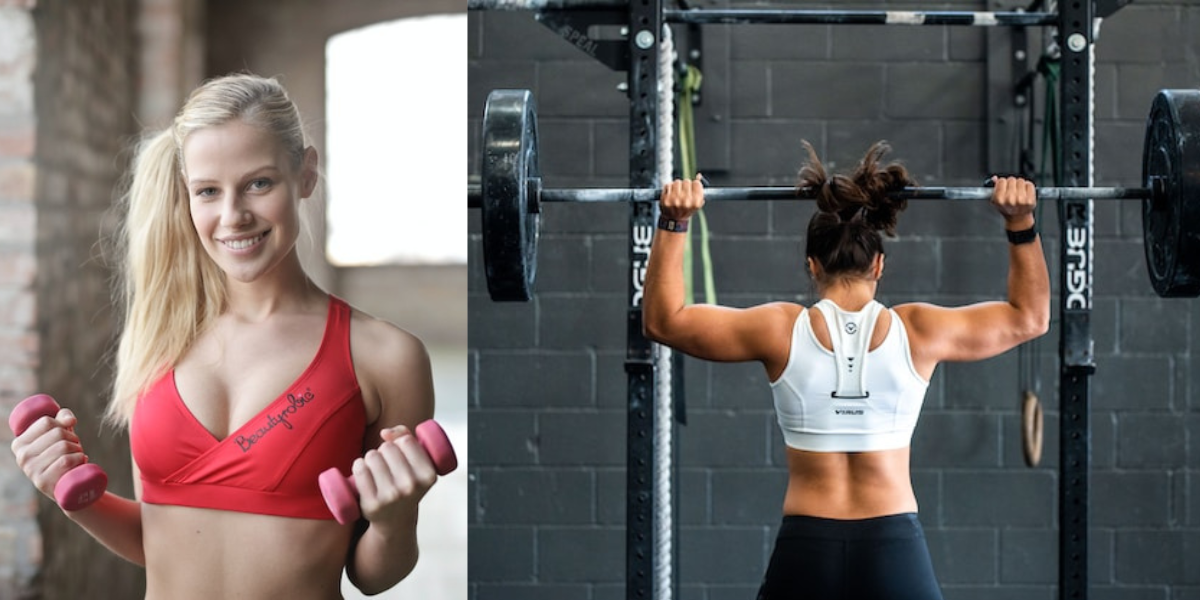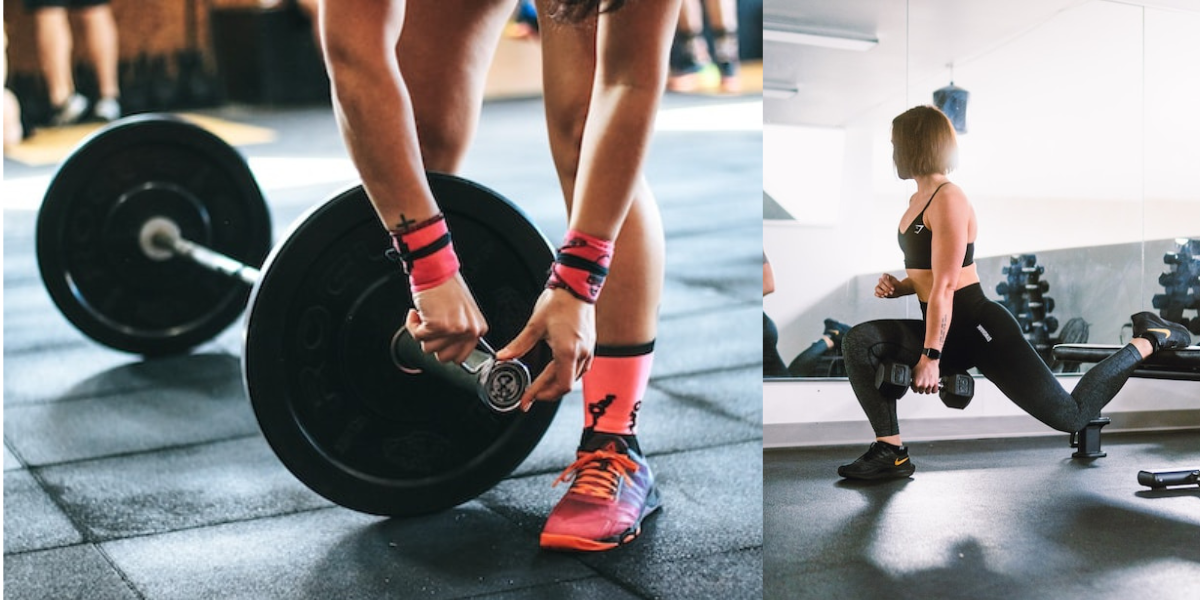Love running or biking? These exercises break a sweat but don’t give you a full-body workout. Even if you’re just a runner or cyclist, your muscles and bones need extra attention. Add some strength training for a game-changer routine.
The Muscle and Bone Connection
With age, our bodies gradually lose muscle and bone strength. That might not sound alarming, but weakened bones are more prone to fractures, especially in cases of falls. Surprisingly, even active individuals and athletes are not immune to muscle and bone loss.

Running and Cycling vs. Strength Training
Without a doubt, pounding the pavement or cruising on your bike is fantastic for your fitness. However, studies suggest that these activities might not fully shield you from bone weakening. When you run or jog, your feet, soles, especially the ankles and heels take the most impact. In the same way, when you cycle, your knees carry the burden of your whole body.
This is precisely why experts say that swimming is a better way because water shields you from impact. Or, you can incorporate weightlifting or resistance exercises to significantly combat this bone loss.

Enter strength training. Weighted workouts don’t mean pumping iron, squats, or deadlifts, nor do you have to become a bodybuilder. Adding small weights to your regular schedule offers resistance to your muscles and joints. Thereby, it keeps them robust and reduces the risks of injuries.
Muscle Strength May Not Mean Speed
Lifting weights can make you stronger. That said, it might not necessarily make you run or cycle faster. Weight lifting is an anaerobic activity while running and cycling come under cardio—aerobic exercises. You go out of breath when you do cardiovascular activities, but not with weight training.
Speed in these sports often relies on how efficiently your body uses oxygen, something that traditional strength training doesn’t boost. Hence, for overall fitness, create a workout plan that features both cardio and resistance training.

Focus on Core and Upper Body
As said above, running and cycling only target the lower part of your body. By adding dumbbells and other weights, you can strengthen your core and bones even more. This way, you can strike the right balance between workouts. You mustn’t push too hard when your muscles are feeling sore.
The main thing is to start with lighter weight and increase gradually; the same with reps and sets. Step back if it hurts. Listen to your body; if your muscles feel overly fatigued or sore, take a break. Finally, balancing both worlds could be the secret sauce to an unbeatable workout routine!


